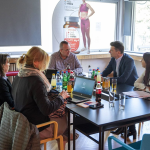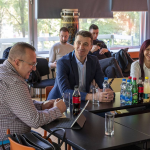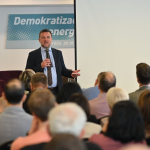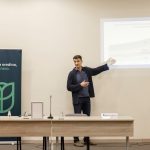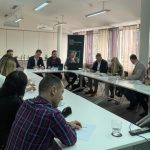What can you say to business people who want sustainability, to young students and experienced energy workers?
It is important to join together and simultaneity is important!
Only in this way will energy communities that bring together producers of electricity from rooftop solar power plants and consumers of electricity get the most enjoyment out of their energy because the value of produced and consumed kilowatt-hours will be the highest. Be it social, economic, ecological or mixed (which is the easiest to drink).
The regulation of the future will encourage the timing of energy production and consumption even in cases where that energy is civil and not primarily aimed at making profit.
On the way to that satisfaction, regulators, system operators, companies, civil society organizations and citizens will have to make their contribution. RES Foundation firmly believes that it has something to offer in that process.
In accordance with this belief, Aleksandar Macura represented RES Foundation and the unique combination of knowledge and good energy that our organization brings to four different partner events in just seven days. Let’s network Serbia with good energy so that the Sun shines on us.
The second round table, which is the Global Agreement Network of Serbia together with the company Hemofarm A.D. organized during the STADA Expo ESG Festival in Student City, focused on double materiality as the key to more sustainable business decisions. In the panel discussion, in which our programme director also participated, there were talks about emissions originating from different value chains which require both individual and collective contribution, as well as about the shift from a voluntary to a legally binding reporting framework, which all emphasized the greater need for responsible management of the double impact of business.
Macura also took participation in the Conference on Democratization of Energy in the Western Balkans, organized by the Platform for Energy Transition, on October 25 in Niš. An expert panel that included panelists from Bulgaria, Croatia and Serbia, including Iva Đinđić Ćosić, Damir Juričić, Dragomir Tzanev and Aleksandar Macura, examined the practical steps needed to democratize access to energy in EU and non-EU countries. The discussion was moderated by Bojan Gajić and Tanja Popovicki from PET, and the discussion itself promises useful actions for participants and citizens.
On October 26, the Regulatory Institute for Renewable Energy and the Environment (RERI) organized the first module of the second academy “Knowledge for the Environment” in Vršac, during which 25 young people, students of various faculties and professional orientations had the opportunity to get to know national and international environmental protection policies. Through workshops during the first module, participants developed skills for public advocacy, exploring different opportunities for action in this area, and our programme director was among the lecturers.
Also organized by RERI was a round table called “The importance and role of prosumers in the energy transition – where is Serbia?”, which brought together experts from the fields of energy, law and environmental protection, representatives of state and educational institutions, as well as organization of civil society and energy cooperatives. The round table was focused on the existing challenges and opportunities when involving citizens in the status of prosumers of electricity, in the process of energy transition. Aleksandar Macura pointed out that multidisciplinary cooperation between different actors, including citizens, experts and institutions, is needed in order to optimize the position of prosumers on the electricity market. He also pointed to the fact that with the current amendments to the Law on Energy, Serbia transposes the EU Directive on the Internal Market of Electricity from 2019, which has since been replaced by the new Directive adopted in June 2024. As he emphasized, it is necessary to monitor the direction in which the policies and regulations of the European Union are developing in this area and to work in particular to reduce the existing asymmetry of information in order to optimize this resource.
